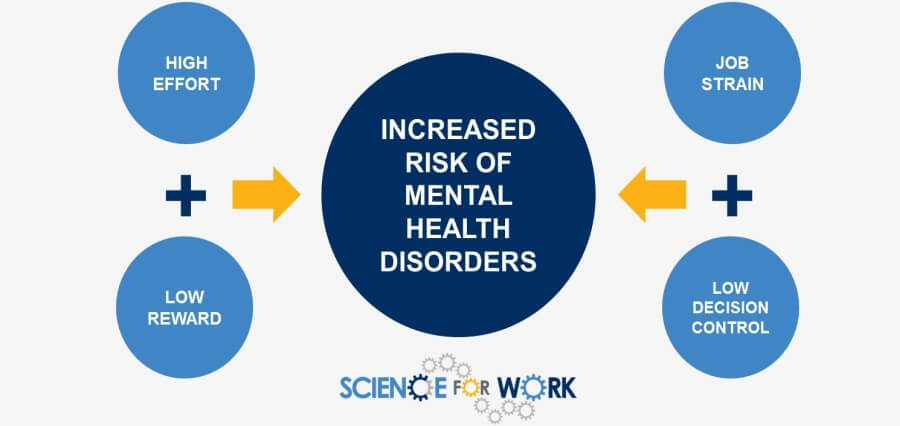Mental Health Education
Children learn social and emotional cues from an early age. To be more specific, they retain this information between the ages of 1-7. This is when education should prevail, and this is when information should become more clearly organized.
However, things look quite different today. Kids attend school, are fed constant information, but are taught nothing about their mental well-being. Then they come home, do homework, and neglect their emotions. Parents barely have time for an open chat– there is no time left to do anything. So, kids struggle, which has become a major problem in our world. Something must change.
Why Mental Health Should Be Implemented in Schools
Mental health education should be implemented in schools. It not only increases awareness and supports growth, but it also teaches parents and children to take responsibility for their own thoughts and emotions. This can make a huge difference in today’s world, where people are ashamed to open up because of persuasive stigma.
Becoming aware of our personal mental health can help both ourselves and the people surrounding us. By learning to deal with our emotions, we learn how important well-being is, and how awesome we could actually end up feeling if we start knowing ourselves. Here’s why we should implement mental health in schools.

- Kids feel comfortable at school
So you might be wondering, why schools? Why not private therapists or counseling sessions at home? Because that would put kids on the spot. And when they’re put on the spot, opening up is challenging if not impossible. The environment in which mental health education should happen should be familiar, open, safe, known. Besides, teachers are the perfect intermediates between therapists and students. A teacher knows his or her group of pupils and is already familiar with their needs.
- Families can directly access this information
That doesn’t mean keeping families out of it. Parents are crucial in helping children overcome various challenges, so they should be kept updated at all times. They should be involved in their kids’ mental health education to the point where children feel comfortable. Parents could make this transition smoother and constantly encourage kids to develop authentic relationships with their therapists.
- Trauma starts healing
Right now, schools are not even remotely prepared to teach students about mental health challenges. They don’t know how to handle trauma or stress, so they cannot properly educate kids. Implementing mental health treatment in schools will help kids deal with their problems and teach school officials why mental health must be properly handled.
When therapists see students having a tiring day, they can direct them to focus on their breathing, for example. Mindfulness is one of the first things that should be taught in schools. Therapists can also teach students to relax their bodies, minds, and dump all the stress outside the door before entering the classroom, argue thesis writers John & Mary. This might come in quite handy to teachers.
- Self-knowledge is the key to living a happy life
Knowing yourself is extremely important in today’s world. There are so many distractions that take you away from your core- but once you give up on trying to pretend, you realize that the real you is actually happy, content, and doesn’t miss anything. Building up self-knowledge is the first step to healing. The rest follows. So if kids become aware of this from an early age, they can grow trauma-less; and they can be truly happy.
- Teachers get to learn how to better support students
Another reason why mental health should be taught in schools is the teacher’s education awareness. Many teachers are already there, but some of them aren’t. They simply don’t know how to cope with an emerging mental health problem. They don’t know how to handle it. It’s high time they learned, since this is crucial to kids’ emotional education and to their healthy behavior development.
- Destigmatizing mental health must start somewhere
Introducing mental health education in schools will help destigmatize mental health and bring awareness to the issues we all experience. Kids must know that they’re being listened to, supported, and safe. They need teachers, parents, and therapists to care, and help them overcome their challenges.
Wrapping Up
There are so many reasons why mental health education should be implemented in schools. Not only would this help kids deal with their emotions, but it would also give parents and teachers an incentive to grow as educators.
Author Bio:
Susanna Balashova is a creative magician in a world of (mostly) boring Marketing. She works for a popular essay writer service and turns dreary work things into interesting matters. When Susanna doesn’t offer assignment help UK, she likes creating her own world within some fanfic sketches. Reach out to her on Twitter or LinkedIn.










